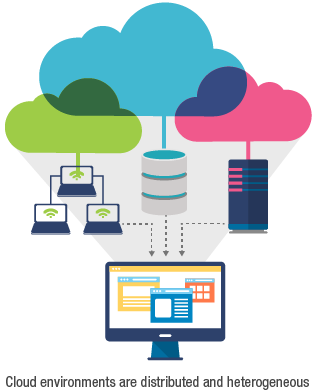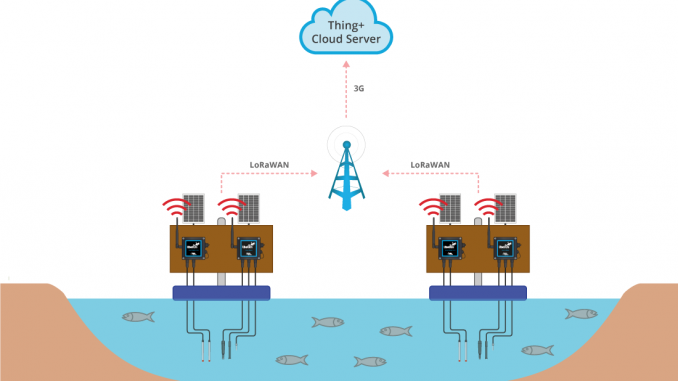
1. The current situation of fish farming in Mekong Delta:
The Mekong fishery – the world’s largest freshwater fishery – contributes $11 billion only capturing natural fisheries, which is the main livelihood source for 60 million people living in the Lower Mekong Basin including Vietnamese people.
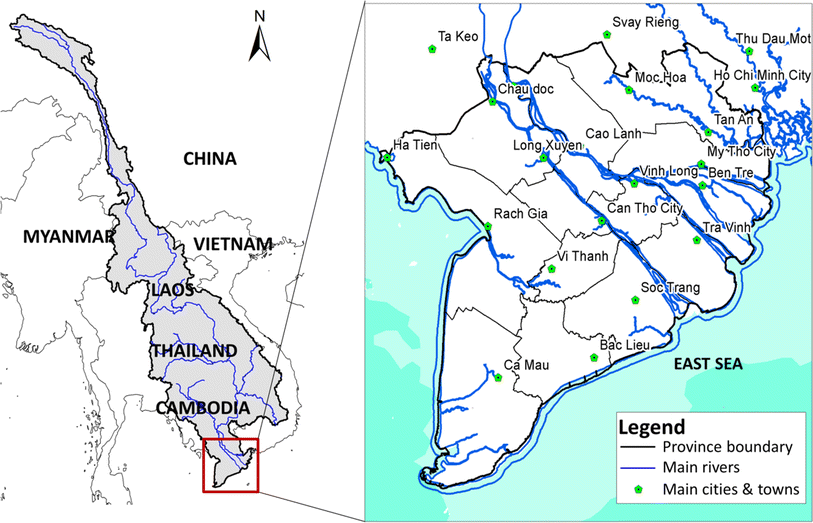
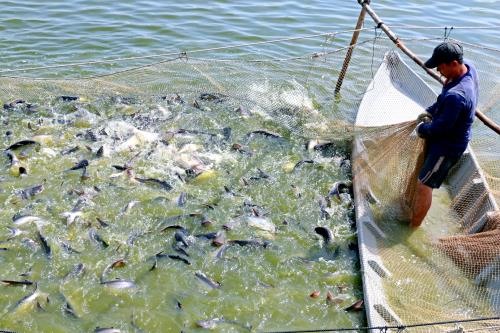
However, everything along the Mekong river is moving in a negative direction by both of natural and human impacts, i.e., drought and flood increased, climate change and over-exploitation of river sediments. This will be the worst ecological disaster in the history of the Mekong region because of uncontrolled destructions and the lack of premises for the resilience of the ecosystem in the Mekong.

2. Posing challenges:
The potentiality of aquaculture industry such as fishing and fish farming, and the diversity of the Mekong river ecology are seriously threatened, the immediate is the changing of water sources affected to the agriculture and next, the damaged ecosystem leads to the extinction of many aquatic species in the long terms.
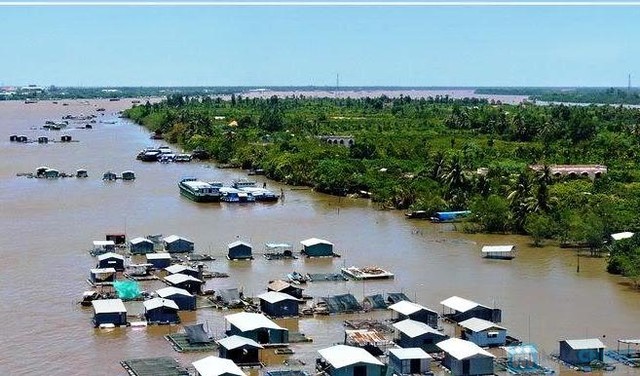
This can be a major cause in food shortages and a significant income reduction for people living in and depending on the Mekong river. This will cause 18 million Vietnamese people in the Mekong Delta to directly face environmental catastrophe and lose their main job. More importantly, that is the food security of Vietnam in the future.

According to studies and statistics, Vietnam will lose nearly 20% of GDP from the potential aquaculture industry due to the devastation and degradation of the environment in Mekong Delta. Moreover, recent studies predict that 96% of nutrient-rich sediments and the migration of fishes in the Mekong river will never reach to the Mekong Delta by 2040. Meanwhile, governments in the Mekong region have not yet had any common policy or cooperation to prevent negative impacts on the Mekong river, to ensure the even balance between ecological environment and economic development in the Mekong area.
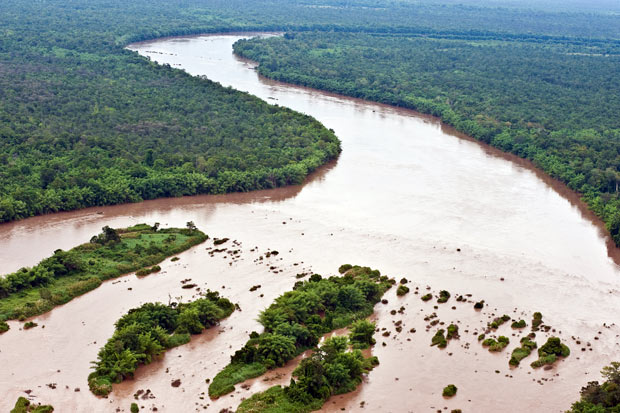
3. Project’s objectives and solutions from BTS:
In order to minimize risks and enhance resilience to face with increased negative impacts of environmental changes at the Mekong Delta, our project concentrates on developing and implementing an advanced monitoring system to assess and forecast short-term and long-term impacts of environmental change. At the same time, the development of agriculture – aquaculture industry will also be improved by accurate assessment information combined with modern and intelligent agricultural models that can adapt to the changing ecosystem in the Mekong Delta at now and the future.
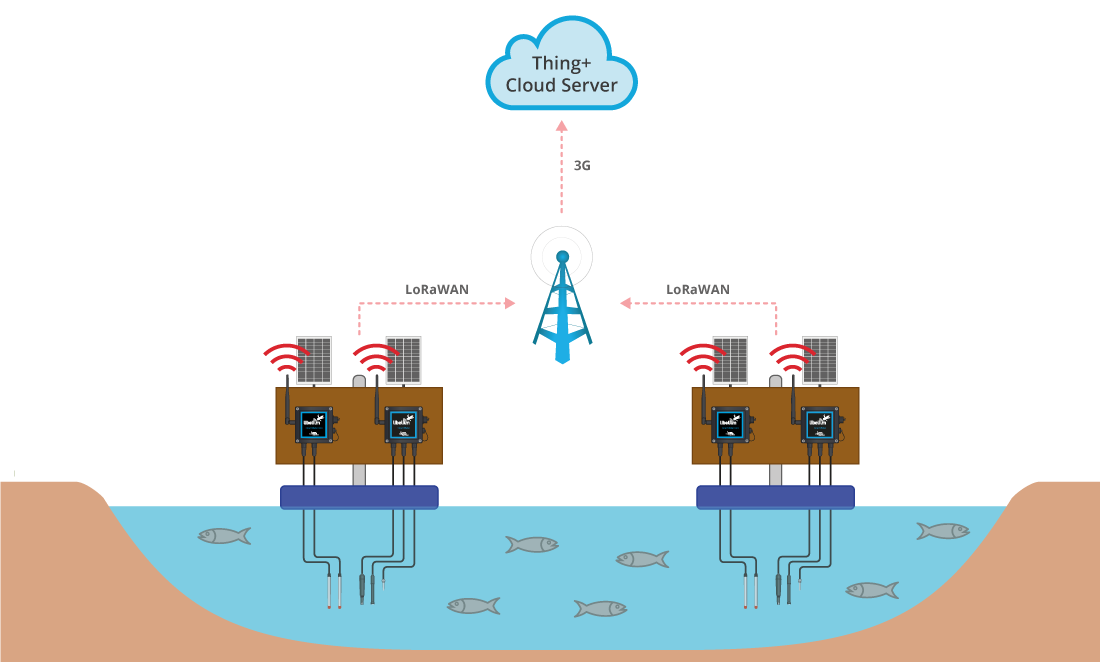
- We design environmental monitoring systems
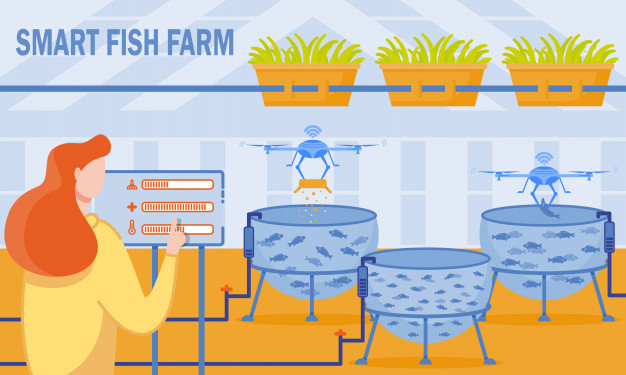
- We will develop an online application platform that will provide access to the environmental management data
- We also provide evaluating indicators to support agricultural research projects for institutes, universities and companies related to agriculture; provide guidelines and feedback for people to be able to monitor and manage their aquaculture model to ensure stable food supply for Vietnam and export to the world
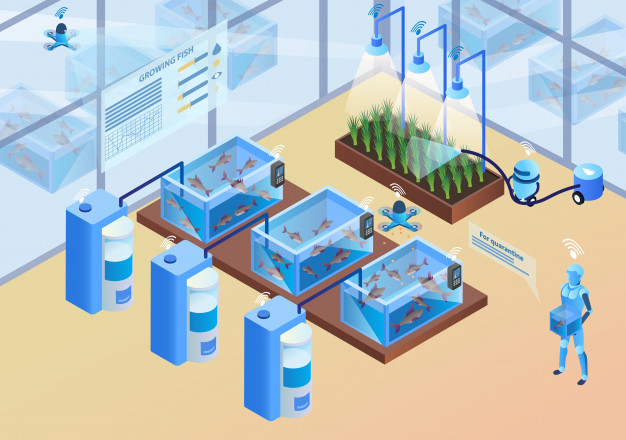
4. Technology solutions for smart fish farming project:
To implement posed objectives for the proposal of environmental monitoring and smart agriculture in the Mekong Delta of Vietnam, the project focuses on developing and applying modern technologies of the Industry 4.0 platform such as online database system and web appication and mobile user-interface.
